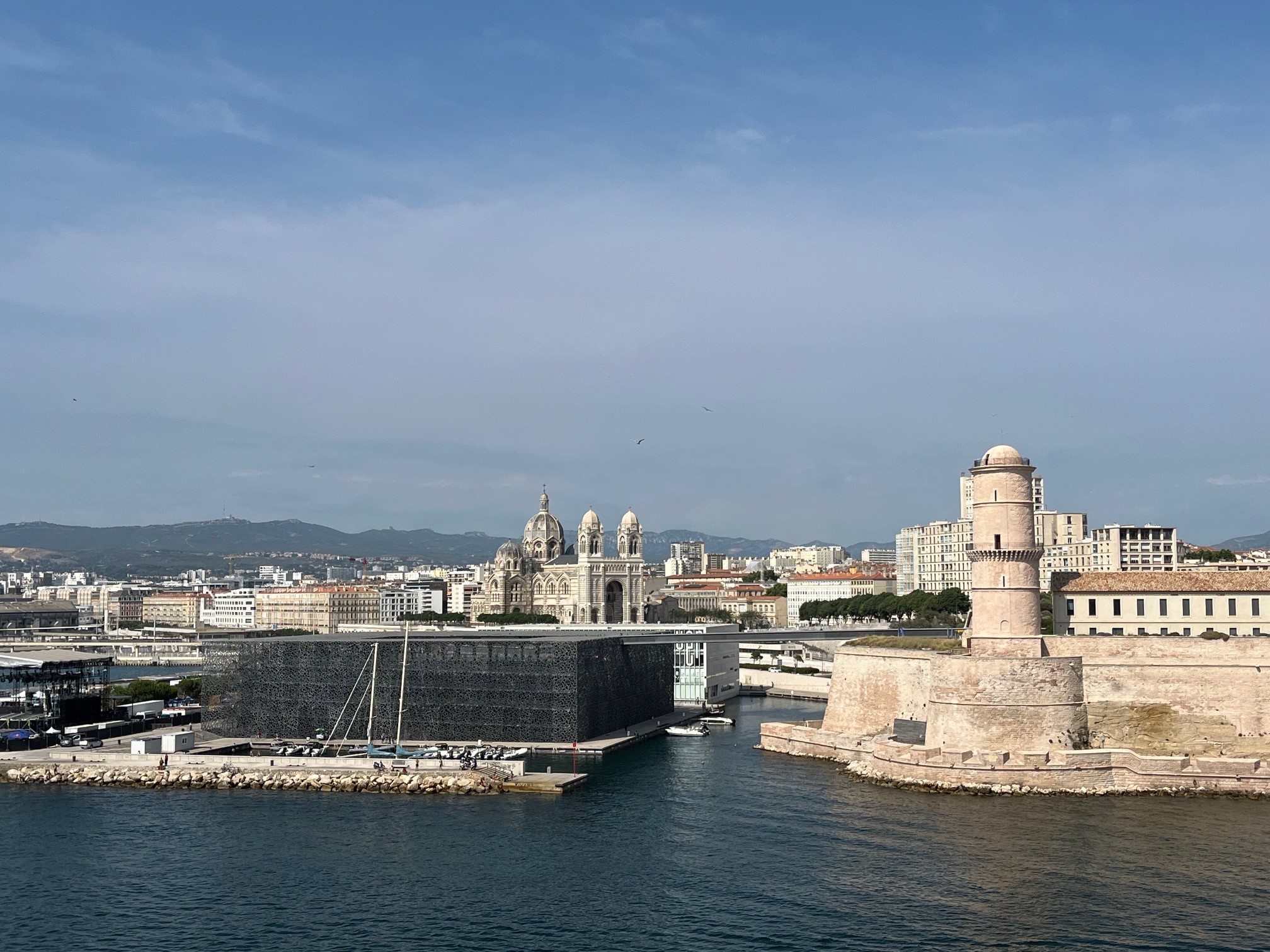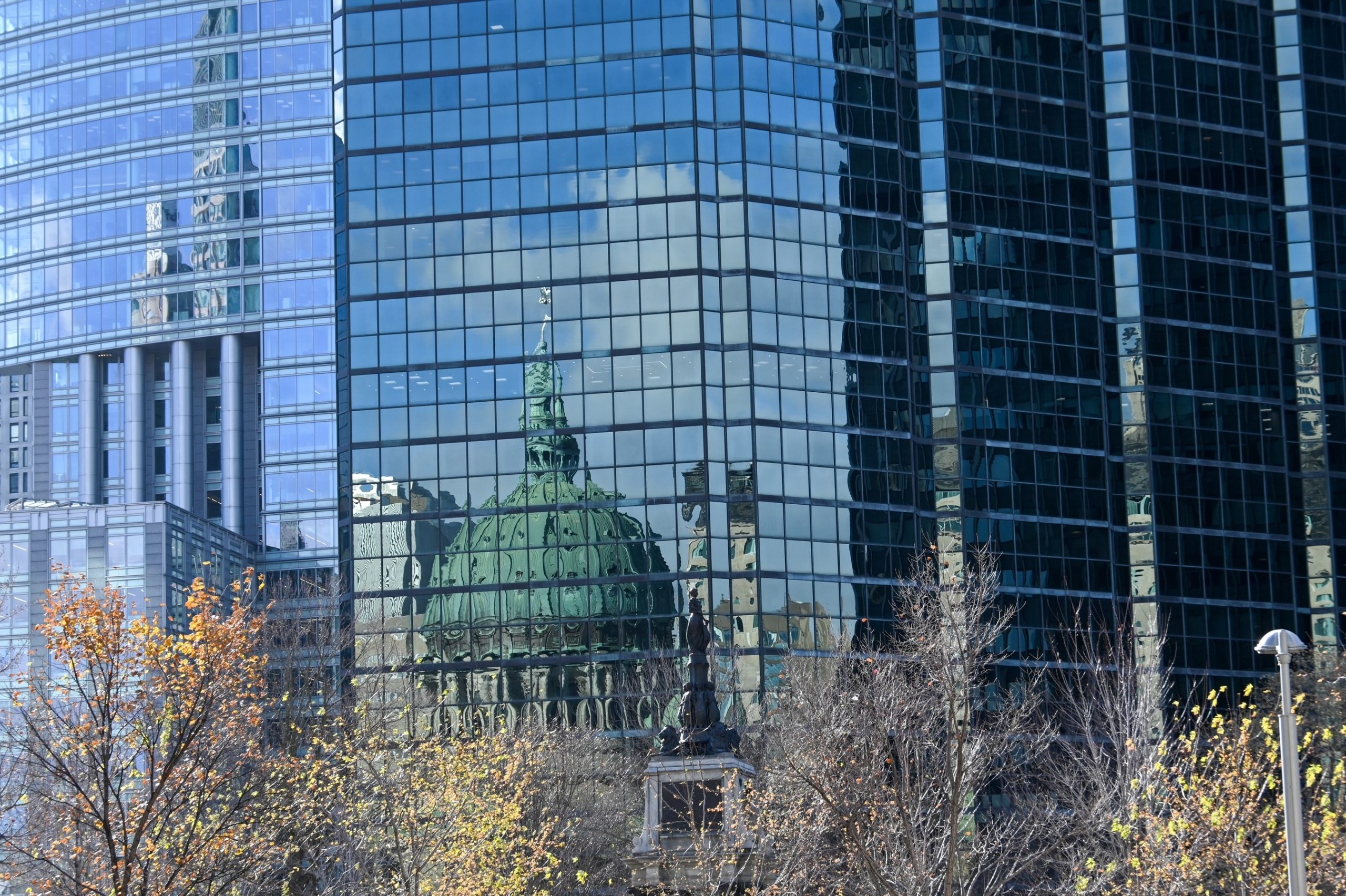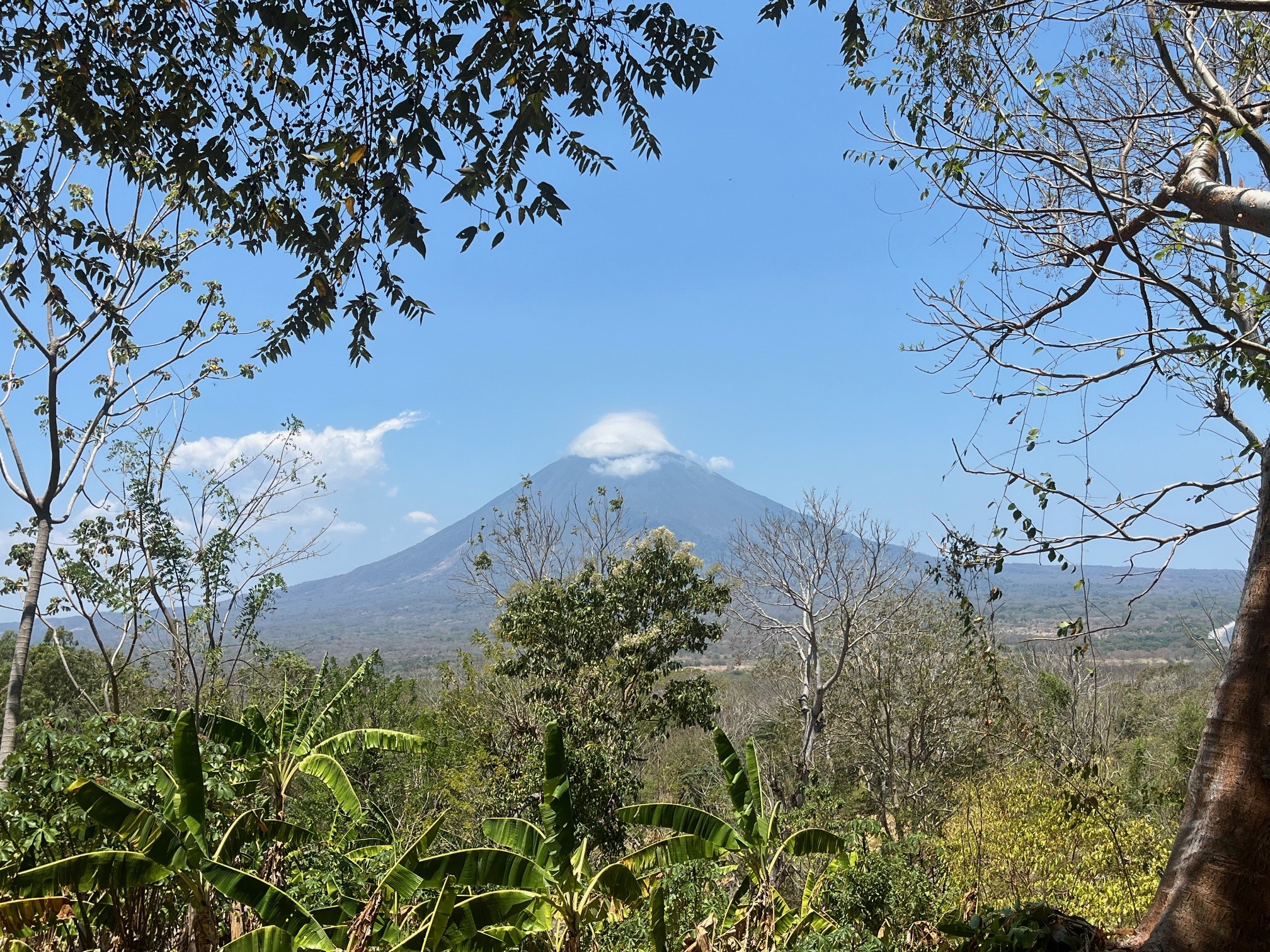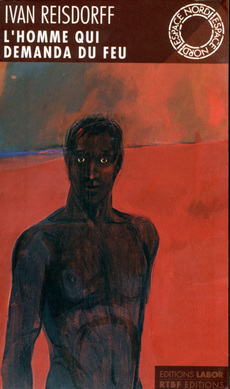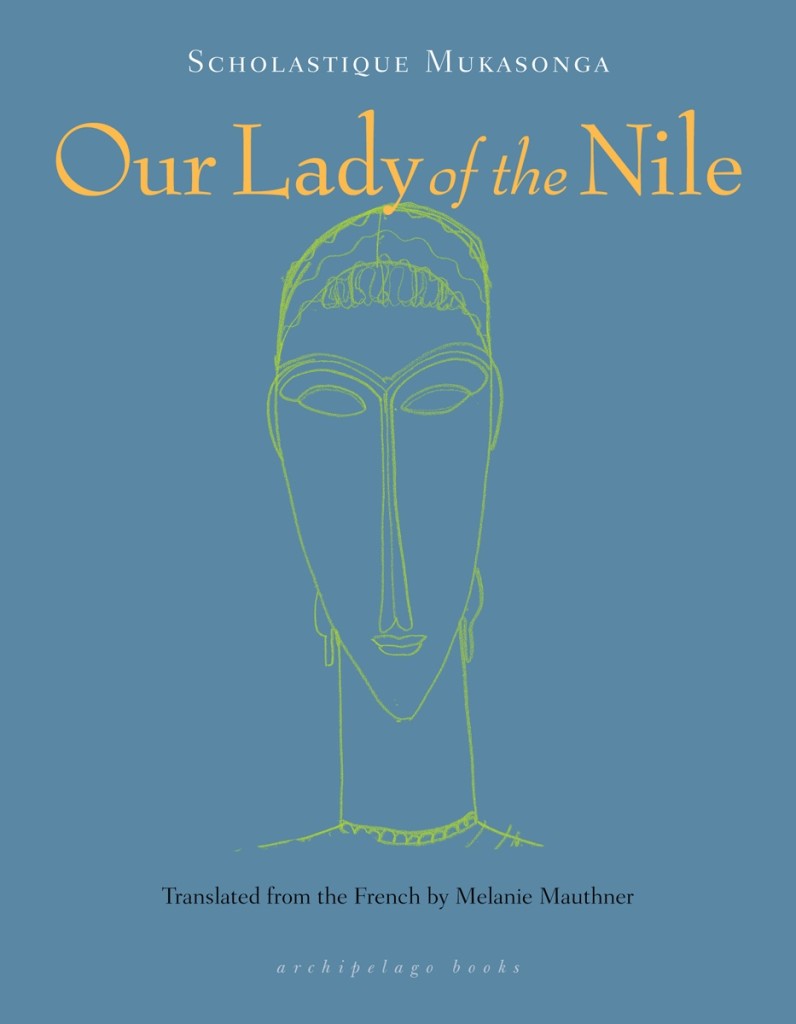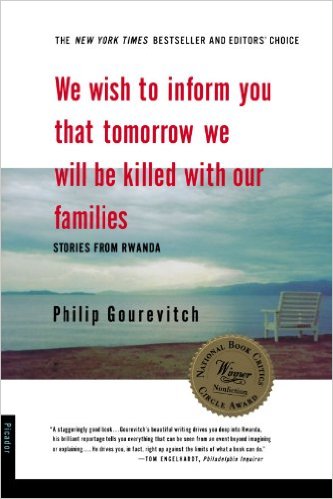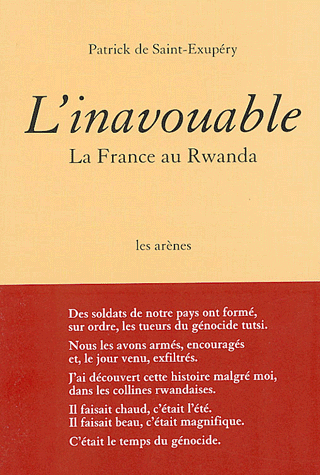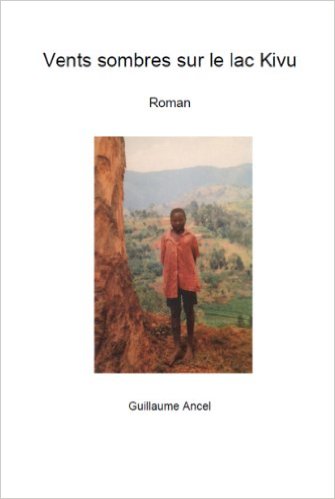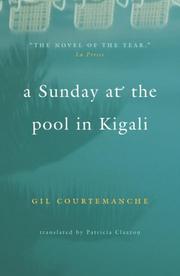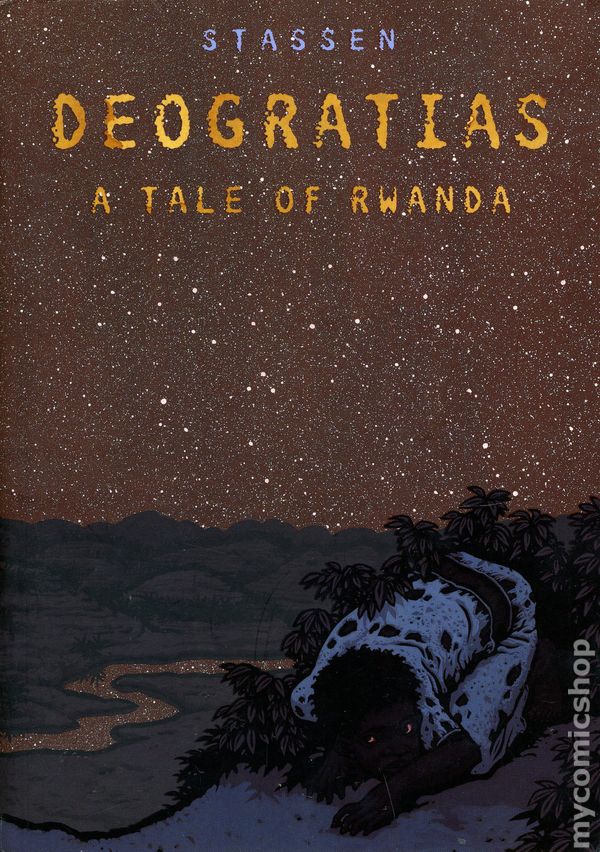My brother Harold went to Rwanda with a group of friends. I suggested them a few books and movies. Nowadays, it is difficult to discuss Rwanda without the 1994 Genocide taking center stage. This brief overview will not avoid it. But I would like to start with a book that is not linked to this event. « L’homme qui demanda du feu » by Ivan Reisdorff takes place at the end of the colonial period. The novel follows the investigation led by a young Belgian administrator after the assassination of a Rwandese. It is a wonderful introduction to the Rwandese culture and traditions and to the splendid landscapes of the land of a thousand hills. Unfortunately the book has not been translated in English and is hard to find.
I also read “Our Lady of the Nile” by Scholastique Mukasonga. The novel takes place just after the Independence in a boarding school for girls located on the Congo-Nile Divide. I liked very much that book which received the Prix Renaudot in France in 2012. It mixes the modern dreams of the future female elite of the country, encounters with traditional fortune tellers, follies of old white settlers and the visit of Fabiola, Queen of the Belgians, in this religious school. But, behind all these adventures, one can already feel the simmering tensions between Hutus and Tutsis.
The best book I read about the Genocide in Rwanda is the one written by Philip Gourevitch: « We Wish to Inform You That Tomorrow We Will Be Killed With Our Families”. It is both detailed and comprehensive and helps understanding the events and the forces that led to the horror as well as the scale and the intensity of the killing wave that submerged the country. Great journalism work based on many witness accounts.
“Opération Turquoise” led by France at the end of the Genocide remains very controversial. A book that heavily challenges this operation is « L’Inavouable : La France au Rwanda » by Patrick de Saint-Exupéry. The book, very critical of France’s role, is written by a French journalist that is usually not against the military.
On the same topic, I read Guillaume Ancel’s novel « Vents sombres sur le Lac Kivu », written by a former French officer who took part in the operation.The style is quite direct, but the story is riveting. This a raw testimony which describes very well the life of the soldiers operating in the field in Africa. The book also seemed to have jeopardized France’s official position about the objectives of « Opération Turquoise ». Unfortunately, as far as I am aware, none of these documents have been translated in English.
I also read the novel « A Sunday at the Pool in Kigali (Un dimanche à la piscine à Kigali) » by Gil Courtemanche from Québec. It is a very good read, even if the story might be told a little bit too much through the lens of expats and their love stories with Rwandan girls at the “Hôtel des Mille Collines”, while massacres are erupting in Kigali. But given the title, it is probably the effect the author was looking for. The book has been adapted as a movie titled « A Sunday in Kigali », which I have not yet seen.
The ’”Hôtel des Mille Collines” in which I stayed offers one of the nicest breakfasts on earth on its 4th floor terrace from which one sees the mist dissipating from the hills across Kigali. It is the hotel which inspired the movie « Hotel Rwanda ». This movie contributed to the awareness about the Rwandan Genocide, in particular in the US, but it is definitely a Hollywood movie: shot mainly in South Africa, with no Rwandese actors, it was also poorly perceived in Rwanda because it focuses too much on the actions of one individual, who also happens to be controversial.
One movie which I recommend is « Sometimes in April » which gives a broader and more complete overview of the Genocide through the story of two Hutu brothers and their families. One is married with a Tutsi while the other speaks at the extremist « Radio Télévision Libre des Mille Collines” which encouraged the killers. Some of the images are hard but the movie is illuminating.
The movie I prefer about the Rwandan Genocide is « Kinyarwanda ». It shows the event from different angles and it also ends with a note of hope. It is the movie I watched with my kids (the oldest ones) before going for a family holiday in Rwanda.
I am finishing my overview about Rwanda by a great graphic novel, still focused on the Genocide: « Deogratias, a Tale of Rwanda » by Jean-Philippe Stassen. The story and the drawings are very good at showing how slowly hatred and violence started to diffuse into daily life.
